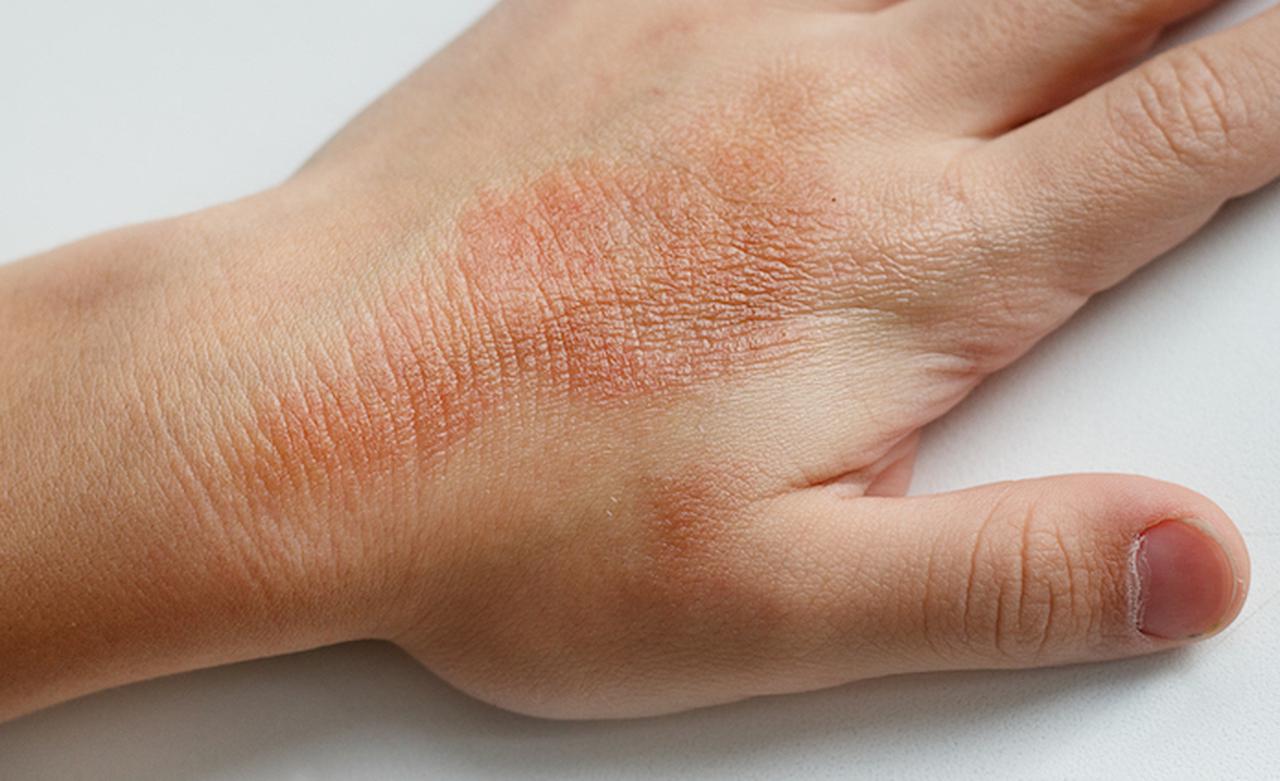Are you trying to figure out what triggers your psoriasis? Although there are many triggers, including dietary and environmental, stress is a major trigger for many people. Read on to learn how stress affects psoriasis and what you can do about it.
While the occasional, short-lived bout of stress can be a good thing, too much stress can take a toll on your overall health. Chronic stress can cause physical symptoms, such as headaches, stomachaches, sleep problems, and high blood pressure. It can also cause emotional symptoms, including anxiety and panic attacks.
Stress can also trigger a psoriasis flare-up. Psoriasis is a common skin condition that causes itchy, scaly patches. Those living with psoriasis know that the itchy, burning rashes can be nothing short of uncomfortable and embarrassing. But what does stress have to do with it?
Below, Dr. Renelle P. Lim and Dr. Ilya Lim elaborate on how stress affects psoriasis, and most importantly, what you can do about it.
Understanding the link between stress and psoriasis
According to a 2018 review of studies, as many as 88% of people with psoriasis report stress as one of their psoriasis triggers. The link between stress and psoriasis goes both ways, however. Psoriasis flare-ups can also cause stress, and the added stress can exacerbate your psoriasis symptoms. It’s a vicious cycle.
But what is it about stress that makes psoriasis worse? Research shows that people with psoriasis tend to have lower levels of cortisol (your stress hormone). Normally, a healthy range of cortisol can help tame inflammation, but a lack of cortisol ー also referred to as hypocortisolism ー can increase the risk of stress-related disorders in people who are chronically stressed. When inflammation starts, your psoriasis is likely to flare up.
To sum it up, stress affects psoriasis in a few ways:
- You might not have enough cortisol to manage stressful situations
- Chronic stress can lead to inflammation
- Inflammation can trigger psoriasis
- The stress of psoriasis can make psoriasis symptoms worse
Our team here at the Institute of Dermatology & Oculoplastic Surgery in Sarasota, Florida, knows that this cycle can be nothing short of frustrating. If you’re stuck in this pattern trying to manage the symptoms, don’t hesitate to reach out to us for help. Remember, psoriasis is treatable.
Treating psoriasis
Depending on the type of psoriasis you have and the severity of your symptoms, we may recommend any of the following treatments:
- Topical ointments
- Light-based treatments
- Oral medications
- Injectable medications
Some of the medications can help treat psoriasis by suppressing inflammation and modifying the way your immune system responds to psoriasis.
Stress management tips
In addition to your prescribed medications, our team also works with you to help you avoid your psoriasis triggers 一 and that includes stress. Lowering your stress isn’t just good for your skin, but it’s also good for your overall physical and mental wellness. The key is to find the right stress-relieving techniques that work for you.
A few examples include:
- Exercise
- Meditation
- Listening to relaxing music
- Spending time doing a hobby you enjoy, like knitting, crochet, reading, baking, painting, wood carving, working on puzzles, etc.
- Eating a well-balanced diet
- Practicing good sleep hygiene
For comprehensive psoriasis care, schedule a consultation at the Institute of Dermatology & Oculoplastic Surgery. Call or message us today and get the relief you need.

